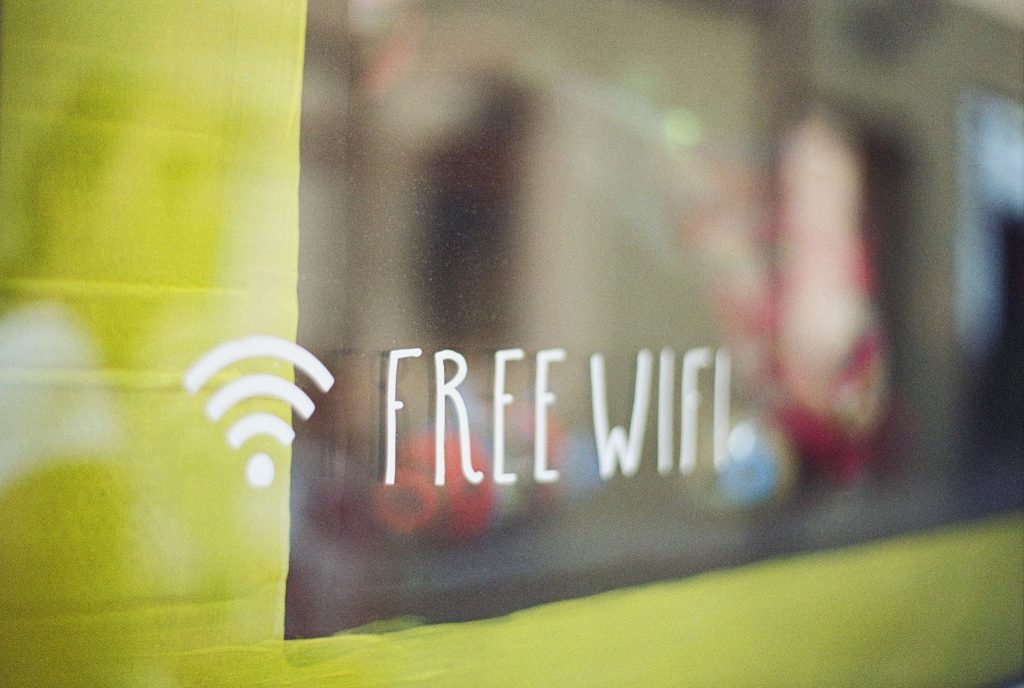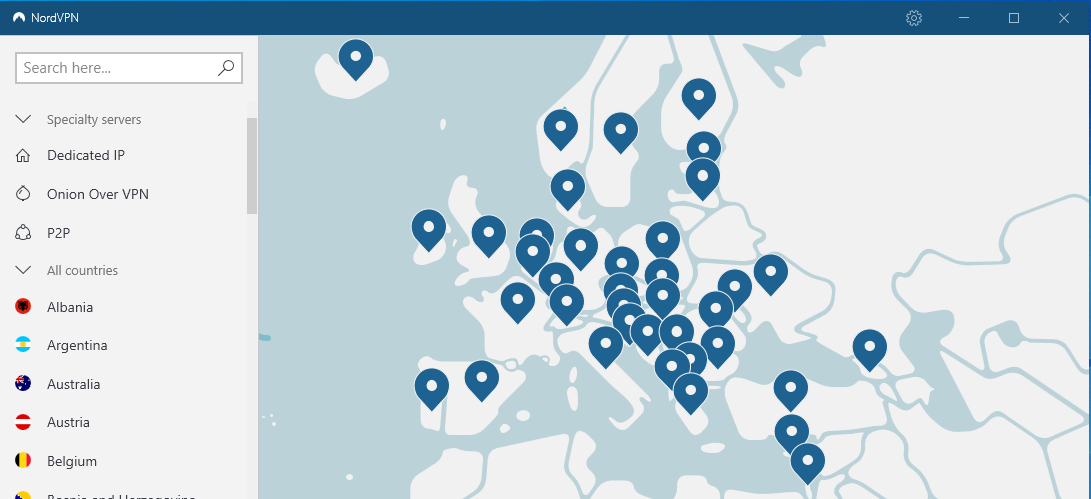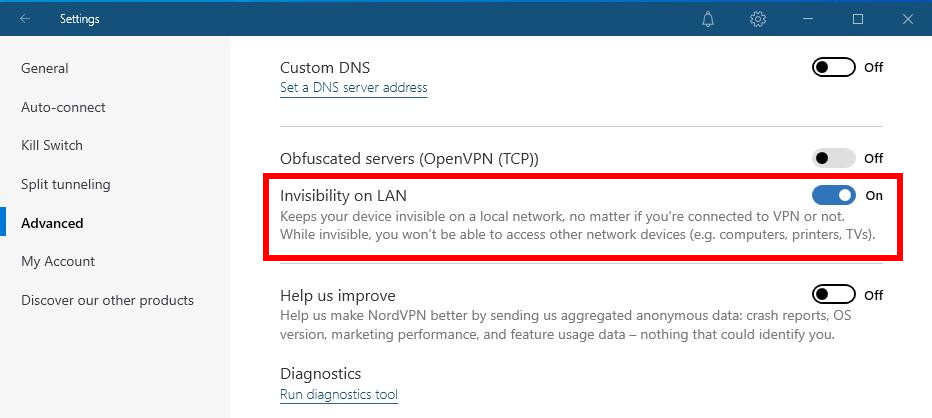Public Wi-Fi is both highly convenient and a great way to save mobile data when you’re out and about. Nowadays, you’re never too far from a free Wi-Fi network, whether you’re in a bar, restaurant, airport, hotel, or shopping center. In fact, hotspots are so widespread that most people connect to them without a second thought. Logging in to your email, sending messages, looking up directions, or even catching up on work are just some of the ways that public Wi-Fi helps us during our day-to-day lives.
However, few people truly understand the risks associated with regularly connecting to public Wi-Fi networks. Hackers can easily intercept networks and gain access to any information that you send across the internet. This means that your sensitive data is up for grabs for anyone who wants to take advantage. These hackers can also use public Wi-Fi to inject malware onto your device. As scary as this seems, there are ways to avoid these potential security and privacy risks whilst still enjoying the benefits of public Wi-Fi.
Keep Reading to Find Out How to Stay Safe When Using Public Wi-Fi.

How to stay safe using public Wi-Fi quick guide
You want to use public Wi-Fi? Learn how to stay safe with our quick step-by-step guide –
- Get a trustworthy VPN
Hackers can’t access your data if you use a VPN in a public Wi-Fi. But you need a reputable and trustworthy VPN. I recommend NordVPN* as best overall VPN.
The provider supports all major operating systems, including Windows, Android, macOS, iOS and even Linux.
- Use auto-connect and kill switch
The best VPNs offer an automatic connection feature and a kill switch. That means as soon as you connect to a network you VPN client will connect you to a secure server. If you not connected to the Virtual Private Network the kill switch prevents access to the internet.
- Deactivate access to local network
Most VPN clients offer the option that you can access the local network. At home this is good as you can reach your printer and so on. In a public Wi-Fi you want to switch that feature off. Nobody within the hotspot should be able to communicate with your device. Basically, you are invisible to others within the same local network.

- Connect to the public Wi-Fi
Now you and your device are prepared. You can connect to the public hotspot. Have fun from working abroad!
Why is Using Public Wi-Fi Risky?
Using public Wi-Fi can be a breeze, and sometimes you don’t even need to enter a password. But, even those that require passwords may not encrypt traffic, leaving all user data exposed to cybercriminals.
Man-in-the-middle attacks are when a hacker gains access to an unsecured Wi-Fi router and positions themselves between a user and the server. Hackers will more often target public Wi-Fi networks as these are usually the most vulnerable. When a hacker targets a network, they can intercept any user’s connection and read all data that’s being transmitted. When this happens, the damage the hacker can do is almost endless. They can spy on you, steal your login details or financial information, and even install malware on your device. Malware is a whole risk of its own and can come in many forms. Viruses, ransomware, adware, spyware are just a few to mention, with each form either damaging your device or jeopardizing your online privacy.
Hackers are also able to set up their own fake Wi-Fi hotspots to trick unsuspecting users into connecting. Once connected to a hacker’s fake network, the hacker has many more ways to take advantage of you. Your data can be stolen, your files can be corrupted or deleted, your device bombarded with ads, and might find yourself being redirected to unsafe websites. These ‘hackers’ don’t need to be computer whizzes either. Anyone with minimal technical knowledge and skill can obtain the tools needed to carry out a cyberattack, and unsecured public Wi-Fi makes it even easier for them to do so.
Overall, using public Wi-Fi can be very dangerous and can seriously put your privacy and safety at risk. Hackers are always on the hunt for users who are blindly connecting to any public network without considering the potential threats. So, never let yourself become complacent and always consider the dangers you could be exposing yourself to when using public Wi-Fi.
Top Tips For Staying Safe When Using Public Wi-Fi
Many users put little to no thought into which networks they’re connected to, opening them up to all the above potential threats. We understand that it’s not always possible to stay completely away from public Wi-Fi, especially if you’ve run out of mobile data. However, by taking a few small precautions you can increase your security and protect yourself from hackers even when connecting to public networks. Here are our top tips for staying safe when using Public Wi-Fi –
Never Access Personal or Financial Information
When connected to public Wi-Fi, avoid entering any login information, including your email address, phone number, and password into any websites you visit. Also, never purchase anything online when using public Wi-Fi if it requires you to enter payment or banking details.
Stay Away From Unknown Networks
If you’re in somewhere like a bar or restaurant and you want to connect to their Wi-Fi, ask a staff member which is the legitimate network so you don’t accidentally connect to a hacker’s fake hotspot. And if possible, only use public Wi-Fi that requires you to log in with a password. These are more secure as they need some form of authentication and can slightly reduce the likelihood of hackers lurking on them. Be cautious though, as even password-protected Wi-Fi networks can harvest security threats.
Disable Automatic Connections
Whenever you’re finished using a public network, immediately turn off your Wi-Fi to prevent your phone from automatically connecting to open networks without your consent. You never know which malicious hotspots you could unknowingly be connecting to when in public areas. Also, try to limit your mobile data usage whenever possible.
Use a VPN
VPNs are the best way to stay protected when using public Wi-FI networks. VPNs work by encrypting a user’s data when it travels from their device to a server. Hackers are unable to spy on or steal any encrypted data, making their attacks useless. The Cybersecurity & Infrastructure Security Agency (CISA) has highly recommended the use of VPNs to minimize the risks associated with connecting to public networks. A VPN does all the work for you, so you can have peace of mind when connecting to even unsecured public Wi-Fi networks.
VPNs also offer plenty of other benefits that can help increase your online security and protect your data from hackers. With a VPN, you can browse the web anonymously without any websites you visit being able to track your browsing history. Even your ISP won’t be able to see your online activity when you stay protected with a VPN.
All in all, we’ve listed some precautions you can take to reduce the risk of cyberattacks when using public Wi-Fi. If you want to almost completely wipe out the chance of becoming a victim to a hacker when using public Wi-Fi, then we highly recommend you use a VPN. When you use a VPN, your data is encrypted and therefore indecipherable to hackers, making you far less likely to have your day ruined with a cyberattack. Remember though, VPNs aren’t 100% effective against hackers, so still be careful about which networks you connect to in public. Stay safe!